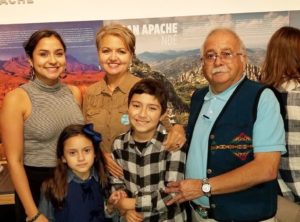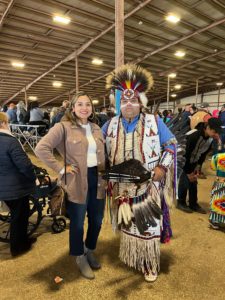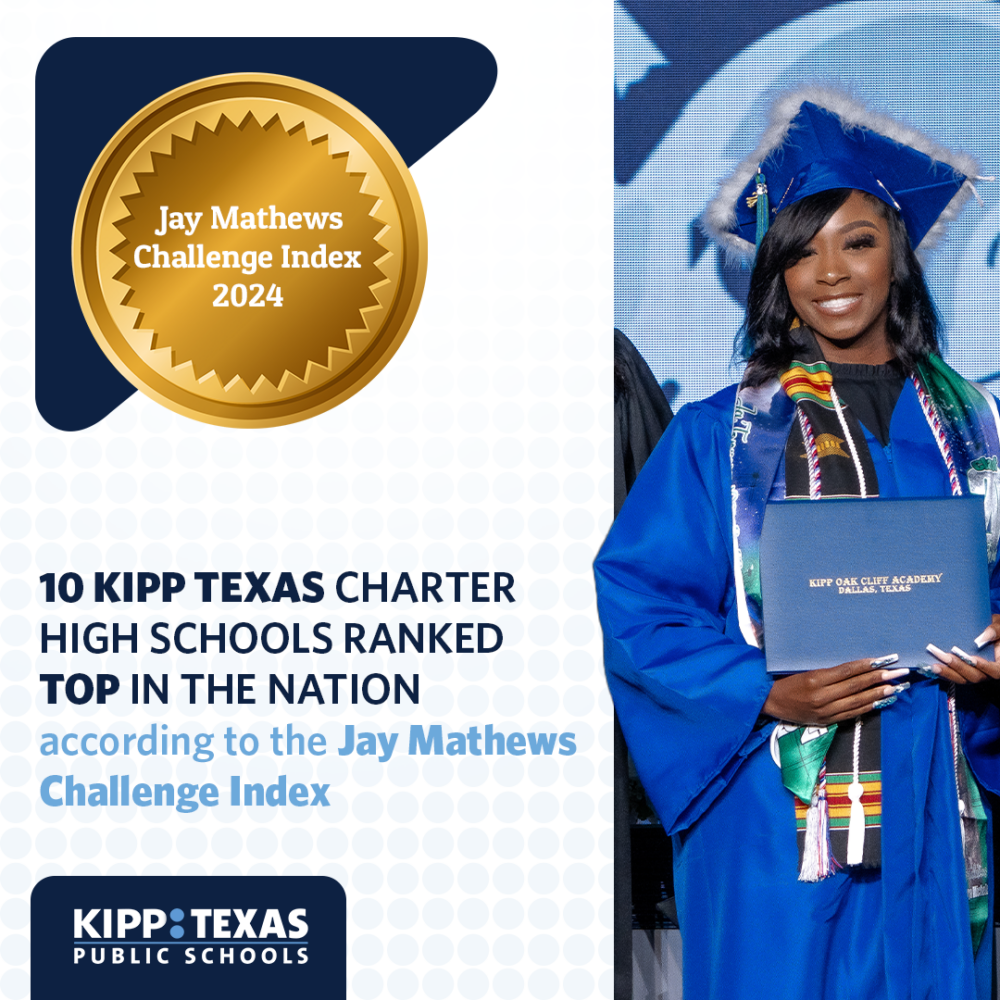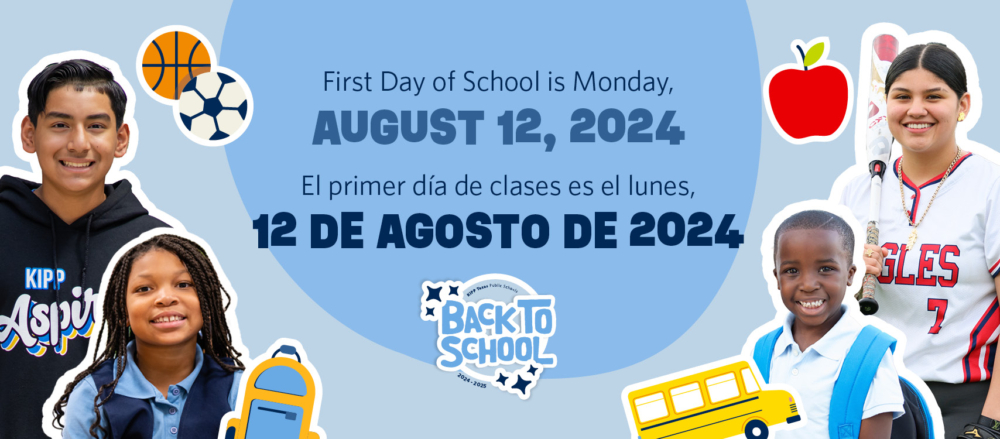November is Native American Heritage Month and a time to celebrate the rich histories and important contributions of our nation’s first people. We want to introduce you to Clarissa Davila, a Big KIPPster who has recently gone on a path to discover her Native American heritage.
Tell us a little bit about yourself and your background. How long have you been with KIPP Texas Public Schools?
I have worked in public charter schools for over a decade in the Central Texas area. I began as a teacher in 2008 at a charter network in Austin. Still, with a degree in Communications from St. Edward’s University, I knew I wanted to join the school’s communications team and made it a goal to grow my portfolio. After teaching for six years, I transitioned to the communications team as an outreach and communications coordinator. Over the years, I have rallied the halls of the Texas State Capitol while advocating for educational equity, worked on getting media stories highlighting students and staff, and have grown student enrollment as a director of outreach, communications, and marketing. In January 2022, I joined as a Big KIPPster, and I have now found my work Team and Family!
Growing up, what did you know about your heritage and where you came from?
I was born in the border town of Laredo, Texas. Growing up with the family trauma of my Dad passing, my family didn’t talk about our ancestry, nor did we hear joyful growing-up stories from my Mom or her side of the family. It felt as if it was taboo to talk about our family history. When I moved to Austin when I was seven, I knew I was different and spoke differently with a distinct accent. My teachers assumed I was Mexican, and since I spoke Spanish, so did I. In elementary, I remember taking some arrowheads to school for show and tell that belonged to my grandfather, but as a child, I didn’t know what that meant, and no one asked any questions. In 7th grade, I found it fascinating as we learned about Texas history and the tribes that lived and hunted on the lands we currently live on. Never did I think that was part of my family ancestry. It wasn’t until modern social media that I connected to the storytellers of my extended family.

When did your path to discovering your heritage start and what did you learn? (What is your heritage and was it different from what you knew growing up?)
When Facebook became popular and my older family members started joining, I began to connect with my extended family. One year, I bought the Ancestry DNA kit and found many relatives linked to my profile. It was the same year that my Mom joined a Lipan Apache Facebook group that my cousin, once removed, created. I joined and found many of my Ancestry DNA connections in the group! Since then, I have continued to reach out, ask questions and learn as much as possible to share with my children.
My Mom’s cousin, Juan, has inspired me to explore our family history and the Lipan Apache lineage. We share stories about my grandfather, his uncle, that brings me happiness to remember. Juan has spent many years researching and is a huge advocate for Native American education for all. I hope to be like him one day, teaching and sharing the rich history of where we came from.
Who is your favorite Native American figure in history?
I look up to people that are making history today. For example, Lucille Contreras, a Lipan Apache tribe member making a difference for the Indigenous communities. Read more about how she brought buffalo back and created a safe space for healing and learning. I want to be her when I grow up!

What does celebrating Native American Heritage Month mean to you and/or your family?
Native American Heritage Month is special to my heart. I take my children, who are in middle school, to events such as Pow Wows or museums that teach about Native Americans. This month, attending the Austin Pow Wow gave me an overwhelming feeling of pride, sadness, and happiness – all at once. Feeling the beat of the drum in your soul is not a feeling you can get from looking at photos or videos of the event. My hope is that they will look back at this with appreciation as adults. When they learn about Native Americans at school, I tell them to raise their hand and let their teacher know they are Lipan Apache. I want them to have pride in their heritage and never be ashamed of who they are.
The diverse cultures of Native Americans are important, what do you wish more people knew?
Our state of Texas is diverse in general. Growing up, I was quickly labeled as Mexican, and no one ever asked me any questions or taught me differently, so I lived by the label that was put on me. I wish people realize that not everyone that looks Mexican identifies as such. It is also ok to ask. I would rather have people ask what my ethnicity is than assume. I once had a colleague at a different employer tell a group of us, “We are all immigrants in this room.” It wasn’t said with bad intentions, and they meant to say that we were a diverse group, but it struck something in me. I spoke up and told my coworker that most of my family was Native to Texas, and I didn’t consider myself an immigrant. Yes, I have Spanish ancestry in addition to my Indigenous roots because the tribe members, who were not killed or forced off their land, settled in the missions or were forced to assimilate. However, I still didn’t consider myself an immigrant, with more than 56% of my DNA tied to Indigenous Americas.
What I would like someone to take away from this Native American Heritage Month is that everyone’s journey to learning their family roots is unique, beautiful, and sometimes sad. It leaves a space in their heart when people do not know where they are from or don’t know their identity. It was when I started to uncover my family roots, piece by piece, that I feel like I belong and deserve to be exactly where I am today.


